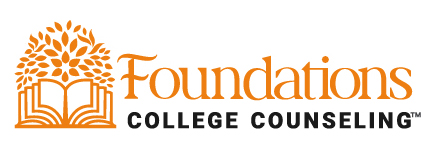On a recent professional development webinar run by college admissions officers, one of the presenters said something that made a record scratch go off in my head: “Students always want more information.”
Now, hear me out here, but…no. No. Students don’t always want more information. Often, they are overwhelmed by information they don’t even know how to compare or process. And why should they? What other experience they’ve had up to this point in their lives even compares to the emotional and financial pressure of choosing a college?
They are inundated with ads and e-mails from every single school they so much as type into Google, and College Board (which administers the AP program and the SAT) sells student data to colleges for marketing.
And then there are the seemingly endless options of places to find information online about colleges, including here, here, here, here, here, here, here, here, and here.
And then there are college websites.
And then you’ve got resources like YouTube and Campus Reel.
And then there are apps like ZeeMee.
And then there’s social media (and the colleges are on every platform).
And then sometimes there’s also unsolicited advice from unqualified people.
And then…
And then…
Parents often find this information overload even more shocking than their kids, unsurprising considering a generation ago the Internet wasn’t intertwined with our lives and central to the college application process.
Ultimately, in my experience, students and families don’t want more information. They want help knowing what the most important information even is, and then how to make thoughtful, well-informed, confident decisions with that information.
That requires engagement and interaction, which is what a strong college counseling process is all about. We are proud to be able to work with students and their families one-on-one to help them uncover what they value most and how to find that in their best-fit next step.

